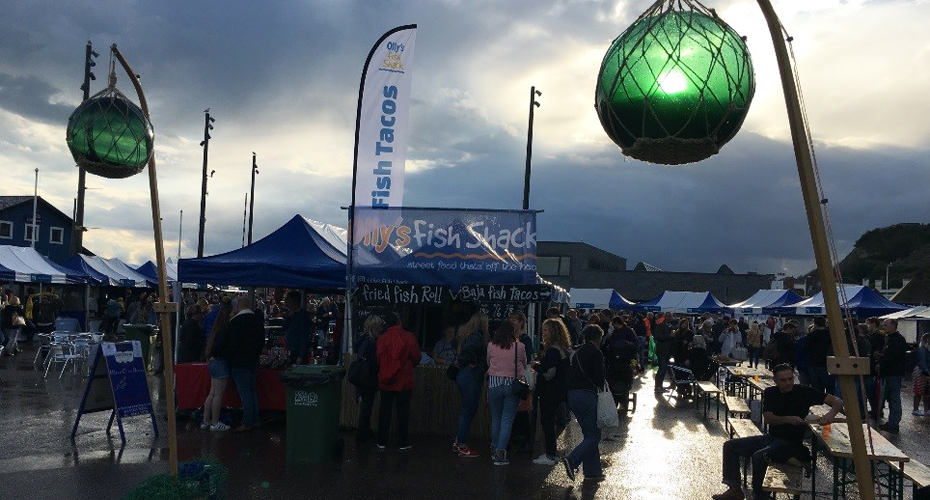Sustainable places: land and sea
Sustainability is based on places that have meaning for people. Research in the group examines how well-being and community are linked to ecosystem services, on social and demographic dynamics, and on public perceptions of sustainability and its opposite. These span both places where people live as well as valued environments such as marine environments and urban form.
Current research highlights
Research on ecosystem services has uncovered processes constructing wellbeing and resilience. These have been tested globally in marine, coastal, delta and forest environments.
Tom Chaigneau and Katrina Brown, through the SPACES consortium with collaborators in Kenya and Tanzania, have shown:
- the multi-dimensional nature of wellbeing linked directly to aspects of ecosystem services (findings in Ecology and Society),
- the resilience of populations reliant on fisheries to El Nino (findings in Ambio),
- and for the first time the gendered distribution of such wellbeing (findings in Ecological Economics).
Participatory, creative and engaged research with fishing communities in the UK and internationally by Louisa Evans and Rachel Turner reveals the many dimensions of physical and mental ill-health and negative wellbeing challenging these precarious communities. An action research initiative Buoyed: Fishers’ Voices Lifted, has uncovered sources of resilience to environmental and regulatory change, and how resilience changes over space and time. These engagements stimulate public appreciation of the value of fishing communities, and inform local and national fisheries and marine policy.
Research has directly investigated the health outcomes, the wellbeing of people in coastal communities whose livelihoods depend on the sea, and how these relationships are shaped by social, political and environmental change (findings in Social Science and Medicine). It has shown how fishers make decisions about environmental risks and may be affected by environmental change such as increased storminess (findings in Global Environmental Change), and the extent to which marine governance fit the social context of coastal communities.
This major capacity-building project is developing healthy thriving communities and healthy Marine Biosphere Reserves and Protected Areas in Southeast Asia. As part of Blue Communities, Matt Fortnam, Tomas Chaigneau and Louisa Evans have developed participatory analysis and decision support tools to understand transitions towards and the trade-offs involved in marine planning and the blue economy. Members of the group are also part of the University-wide Exeter Marine initiative.
Opposition to technology siting that views public opposition as a form of ‘place-protective action’. These concepts have been tested by research on offshore and onshore wind farms, wave and tidal energy, nuclear power and electricity power lines.
Neil Adger and Ricardo Safra de Campos examine the human security of migrant populations exposed to the impacts of weather-related disasters in rapidly growing cities in the Global South, developing new participatory processes with the City of Chattogram and working with Bangladeshi collaborators. The research seeks to identify opportunities for involving recent migrants to build safer cities in the transformation to sustainability.
The MISTY research project (Migration, Transformation, Sustainability), funded under the Transformations to Sustainability international programme, is the first comprehensive examination of the potential for increased mobility and migration to contribute to sustainability transitions. It examines migrant transitions to sustainability in cities globally as well as modelling global relationships between human capital, migration, and sustainability outcomes.

